What are actually the biggest environmental sins in everyday life? "Get started, live sustainably!" - it's always so easy to say. But how can you start and improve if you don't know exactly what you've been doing "wrong" so far?
So it is extremely helpful to know the ecological sins of mankind in everyday behavior. Every one of us has committed them or is committing them. That's not a break in the leg. But if you know your ecological missteps, you should at least try to commit them less often in future, or better still, not at all.
In this article, I would like to introduce you to some of the biggest environmental sins in everyday life and show you what you can do to eliminate them. Let's go!
The 10 Biggest Environmental Sins of Our Everyday Life
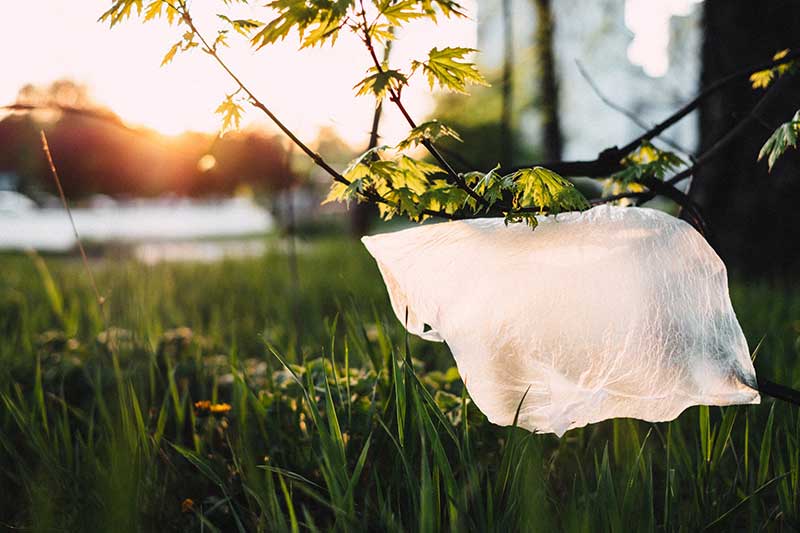
The biggest environmental problems of our time do not come from nowhere. Our everyday behavior has caused them - that is, what we eat, buy, tell others or idolize. To become part of their solutionit is therefore extremely important to get to know the biggest environmental sins in everyday life.
I will introduce them to you in more detail below.
1. Using Single-Use Plastics
Every hour in Germany alone around 320,000 disposable cups consumed for hot drinkswhich fill the garbage cans after just a short period of consumption. Then there's plastic cutlery, disposable grills, disposable cotton pads, disposable coffee capsules and tons of other throwaway stuff.
We have become comfortable - and let in our Throwaway Society prefer to turn petroleum into cheap disposable products over a long production process instead of using reusable products, such as porcelain coffee cups or stainless steel cutlery, and washing them briefly.
In the end, disposable plastic benefits only one thing: industry. The costs are borne by people, animals and our planet. Because a large part ends up as Plastic waste in the environment.
What You Can Do to Avoid This Environmental Sin:
- After the Zero Waste Lifestyle live and specifically avoid waste.
- Zero Waste Tips and ideas for the most plastic free life internalize. (Book tip: Plastic-free living for beginners*)
- Prefer reusable products to disposable products. (e.g. these glass drinking straws* instead of plastic straws)
- Against Littering become active and forest or Organize Beach CleanUps.
2. Flying by Plane
Every year, around 47 million flights take place in global aviation.1 They are the main reason why the Mass Tourism a a decisive share of the man-made greenhouse gases wears.
For example, the flights from Frankfurt to Cancun in Mexico and back generate around 3.25 metric tons of CO2 per person as direct greenhouse gas emission. For comparison: this corresponds to about 16 months of average driving.2 (More at Tourism statistics)
Only about ten percent of all people in the world have ever had the chance to sit in an airplane. Those who belong to this 10 percent should understand that flying is not a "bus ride", but should only be an alternative for exceptional situations.
What You Can Do to Avoid This Environmental Sin:
- Sustainable travel and to the personal Climate Budget hold. (Book tip: Sustainable travel for beginners*)
- As possible sustainable flying and avoid forked flights.
- Forego flights and increase Vacation in Germany and Europe.
3. Wasting Excessive Amounts of Water
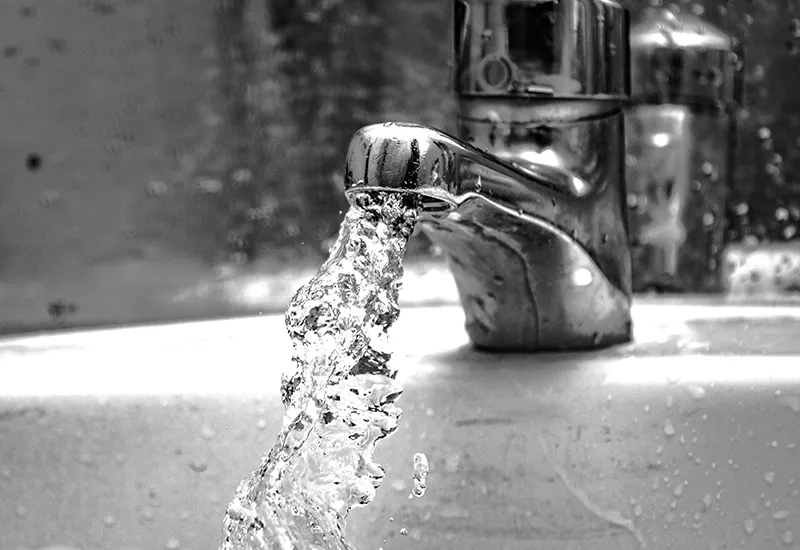
Water is a vital resource whose availability is declining in many parts of the world. Long showers, multiple flushing of the toilet or watering the garden not only pushes the local water supply to its limits, but also requires large amounts of energy to purify and transport the water.
However, we consumers primarily consume water indirectly in the course of our Food productionthat we eat or at the Clothing manufacturethat we carry.
How big the environmental sin of direct and indirect water consumption in combination actually is is shown by the so-called Water Footprint. Every German consumes 2,628 cubic meters of water - these are about 7,200 liters per day.
What You Can Do to Avoid This Environmental Sin:
- Consume plant products instead of animal products and Conserve resources. (Book tip: Vegan diet for beginners*)
- Take shorter showers and turn off water when soaping up.
- Install water-efficient appliances and fixtures.
- Water the garden in the cooler morning or evening hours. (see Saving water in the garden)
- Regional, seasonal and prefer organic food.
Recommendation: More Tips for saving water at home can be found in the detailed linked article.
4. Buying into Fast Fashion
We are shopping ourselves out of our minds. Whereas in the past there were spring/summer and fall/winter trends, today there are New collections at what feels like weekly intervals out. Who buys and needs all this? The Fast Fashion Industry creates almost only losers:inside.
In the end, only the industry wins - consumers and nature pay the price. This is because the goods are usually of inferior quality and often have to be bought new. The resulting textile waste and the discharged chemicals from the factories poison the environment. (Movie tip: The True Cost - The price of fashion*)
Of course, this environmental sin in everyday life affects by far not only our clothing purchases, but also quite fundamentally our consumer behavior or the Buying unnecessary things.
What You Can Do to Avoid This Environmental Sin:
- Sustainable fashion prefer that is produced fairly and environmentally friendly.
- Live minimalist and well combinable, long-lasting fashion prefer
- The principle of Slow Fashion internalize.
- Basically Consume more sustainably.
5. Eating Meat and Other Animal Products

Global meat consumption is steadily increasing. This fact contributes significantly to the global warming at. Indeed, the food sector is responsible for about 40 percent of European greenhouse gas emissions.3
These are achieved, for example, by Transports, the Digestion of ruminants, as well as the Deforestation of the forests released for the cultivation of fodder and the creation of grazing land.
In addition, among other things, the Soil and water contamination by pollutants from insecticides and fertilizers from agriculture.
What You Can Do to Avoid This Environmental Sin:
- Reasons for veganism internalize. (e.g. through the Dominion film)
- Sustainable cooking with plant-based foods and ingredients.
- Vegan lifestyle and generally abstain from animal products. (Cookbook tip: Vegan & Easy*)
6. Buying Out-of-Season Fruits and Vegetables
We live as in the Cockaigne and have become accustomed to being able to get anything at any time - this also applies to food.
But to enjoy many of them outside their normal growing season, they must either be grown in energy-intensive greenhouses or transported over long distances be
This does not work without massive energy consumption and the emission of large quantities of CO2, which pollute the global climate. A real ecological misstep in our everyday lives.
What You Can Do to Avoid This Environmental Sin:
- On the seasonal calendar (is available here*) and food seasonal shopping.
- Subscribe to vegetable boxes with seasonal vegetables from local farmers.
- Freeze food or ferment and enjoy them out of season.
- Create your own vegetable garden and produce your own seasonal produce. (My raised bed recommendation*)
7. Throwing Away Food
According to data from the Federal Statistical Office, around 79 kilograms of food waste per capita per year in Germany in the waste of private households.4
Food waste is not only a waste of well-earned moneybut also from natural resources. Every food product that is thrown away also represents the water, land and energy costs incurred in its production, processing, packaging, transportation and disposal.
Not to be forgotten are also the countless animals that died not only in agony, but also completely in vain for human food production. are.
What You Can Do to Avoid This Environmental Sin:
- Store food properly and Utilize leftovers. (Book tip: Zero waste kitchen*)
- Plan meals and shopping so that you don't buy anything superfluous. (see Reduce food waste)
- Support food rescue initiatives. (e.g. Food Sharing)
- Do not take the best before date too seriously and rely on senses.
8. Using Electricity from Nuclear or Fossil Sources
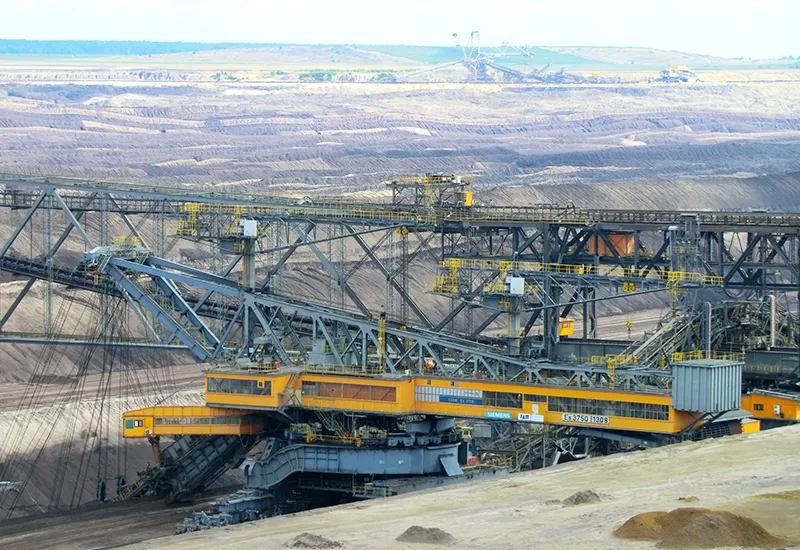
In 2024, almost 60 percent of the electricity in Germany is generated from renewable energies - that is a good figure. However, conversely, it also means that there is still a largely from limited and environmentally harmful sourcessuch as nuclear or coal-fired power.
Anyone who still runs their household on electricity from radioactive radiation or the combustion of fossil fuels is therefore committing an environmental sin every day. Especially the Open pit mining destroys entire landscapes - also in their own environment.
What You Can Do to Avoid This Environmental Sin:
- About Green electricity and renewable energy sources inform
- Here a green electricity comparison* make and change in 5 minutes.
- Generate your own electricity with PV and solar systems on the roof. (Balcony power stations can be found here*)
9. Wasting Electricity and Heating Energy
One problem is the origin of electricity in the home, the other is its excessive waste, which is caused mainly by more and more household technology, entertainment media and poor thermal insulation comes.
The High heat and power consumption leads to increased greenhouse gas emissions - especially if the energy still comes from fossil fuels.
What You Can Do to Avoid This Environmental Sin:
- Give preference to modern heating technology, energy-efficient appliances and LED lighting. (Book tip: The ultimate energy savings book*)
- Use natural lighting and ventilation whenever possible.
- Also times cold showers and get the circulation going.
- Install motion detectors and use lights only when needed.
- For a sustainable thermal insulation of the walls.
Recommendation: These and more Energy saving tips I'll explain it to you again in detail in the linked blog post.
10. Smoking and Littering Cigarette Butts
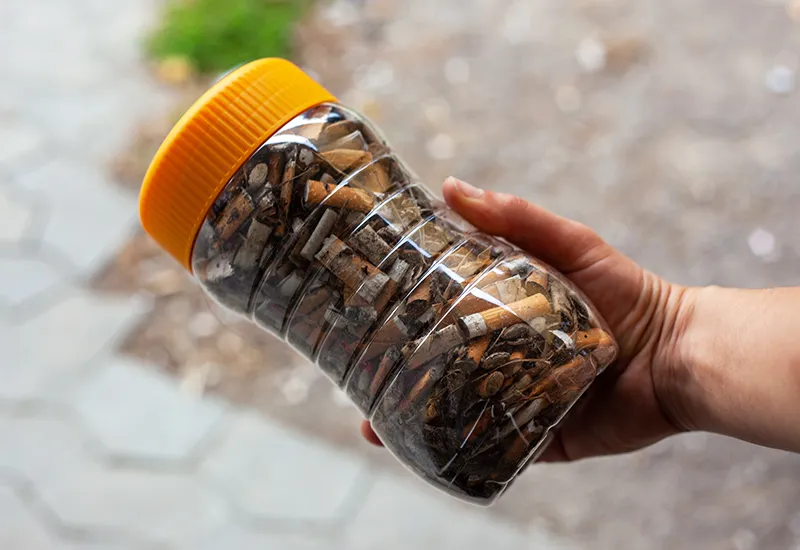
Every day, 15 billion cigarettes are consumed worldwide, of which an estimated 10 billion disposed of in nature be5 Cigarette butts in the environment are logically a massive and highly visible problem.
The Filters are not biodegradable and the Toxins enter soils and waters. Many animals also mistake the stumps for food and die in agony from them. Anyone who smokes and disposes of their cigarette butts in nature is therefore committing a major environmental sin - usually on a daily basis.
What You Can Do to Avoid This Environmental Sin:
- The Advantages of quitting smoking internalize. (including saving money, healthier living and look better)
- Implement effective measures and work with the Stop smoking. (Book tip: Non-smoker at last!)
- One Pocket ashtray (is available here*) and Never throw butts on the floor again.
Can you think of other environmental sins in everyday life that people tend to commit unconsciously out of habit? Then, as always, feel free to write me a comment.
Know Your Everyday Eco-Mistakes – and Reduce Them
The list of these daily environmental sins can basically be continued indefinitely. For example, with the creation of a lifeless gravel garden, which contributes significantly to the Species Extinction contributes. A lively Natural garden is the ecologically valuable counterpart and is also easy to care for. 🙂
In this article, you have definitely become acquainted with some of the most serious of their guild. Use the knowledge now to adjust your personal behavior, in order to Integrate environmental protection into your everyday life and to help other people do the same.
"Be the change that you wish to see in the world."
Mahatma Gandhi (more at Environmental protection quotes)
Do you have questions, tips or suggestions about the environmental sins of everyday life? Or do you know any other real environmental and climate killers? Then I'm really looking forward to your comments!
Stay sustainable,

PS: Change is often very difficult for us humans. I'll explain why that is and how you can make change easier for yourself next in the linked blog post.
References:
- Statista GmbH: Number of flights in global aviation from 2014 to 2022 (as of March 2023), available at https://de.statista.com/statistik/daten/studie/411620/umfrage/anzahl-der-weltweiten-fluege. [16.04.2025]. ↩︎
- Südwestrundfunk; SWR: Cruise ship, plane or car - how much can I travel? | Odysso - Knowledge on SWR. YouTube, 12.05.2019, Web, 16.04.2025 at 10:33, in: https://www.youtube.com/watch?v=3pSbXiKOWzE. ↩︎
- Klima-Kollekte - Kirchlicher Kompensationsfonds gemeinnützige GmbH: Nutrition as a key driver of climate change, available at https://t1p.de/4kol. [16.04.2025]. ↩︎
- Federal Ministry of Food and Agriculture (BMEL): Food waste in private households scrutinized (as of August 2024), available at https://www.bmel.de/DE/themen/ernaehrung/lebensmittelverschwendung/gfk-studie.html. [16.04.2025]. ↩︎
- J. Görsch: 7000 chemicals and indestructible: 10 billion butts land on the ground every day (as of 27.02.2025). https://weather.com/de-DE/wissen/umwelt/news/2019-02-23-7000-chemikalien-und-unzerstoerbar-was-filterzigaretten-anrichten. [16.04.2025]. ↩︎





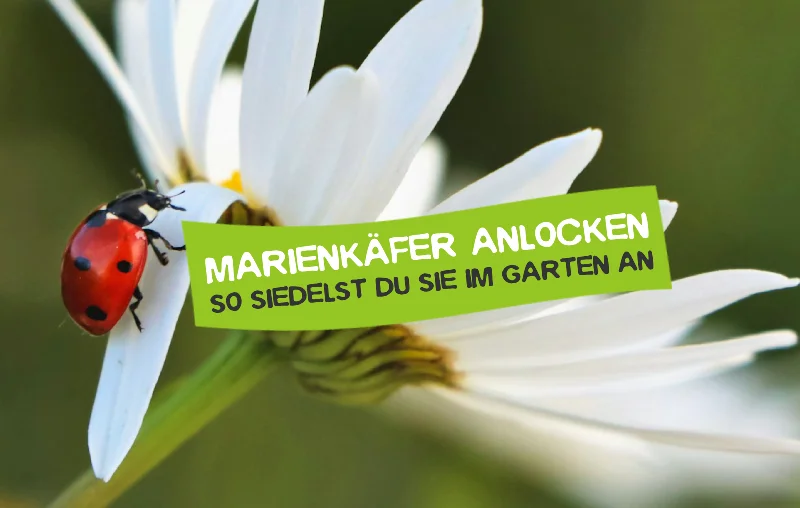
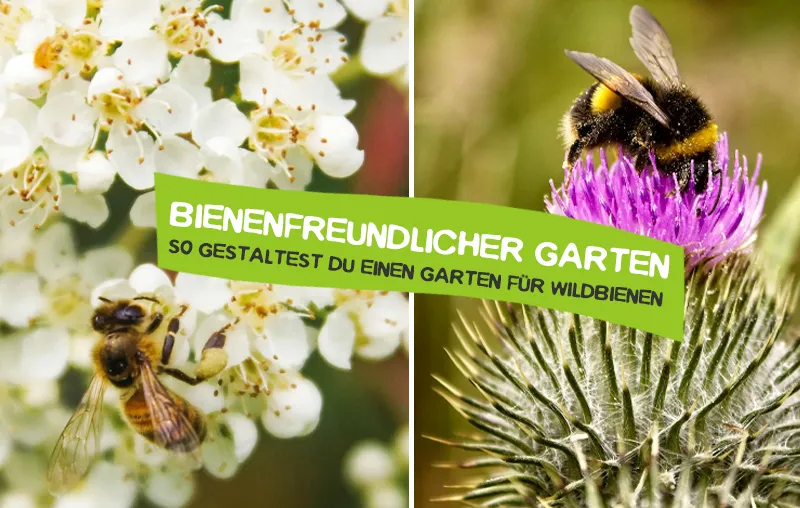

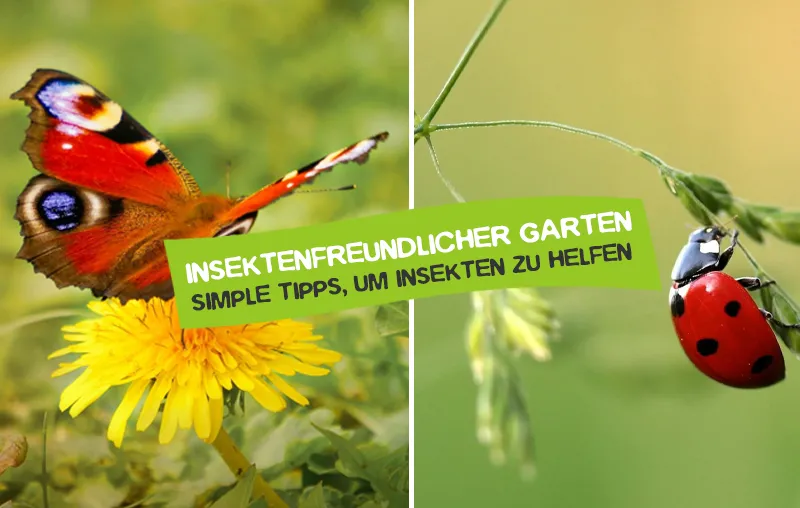
Actually, these are quite simple things and not so costly to replace. On the contrary. Only with the example of airplane one sees now on the basis of Corona what there and who hangs there everything to it, gainfully employed persons, people in the vacation regions, the economy etc.. If it becomes more ecological and more expensive, that would be progress.
Everyone but also everyone can contribute something.
LG
Ursula
I agree! It's not about destroying industries, but about making them more ecological in a targeted way.
Stay sustainable,
Christoph